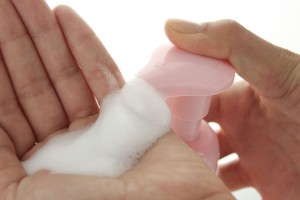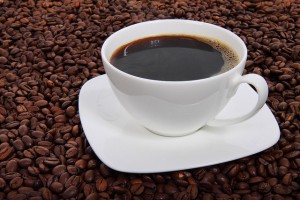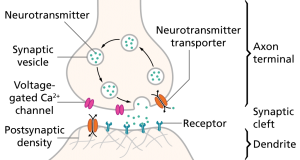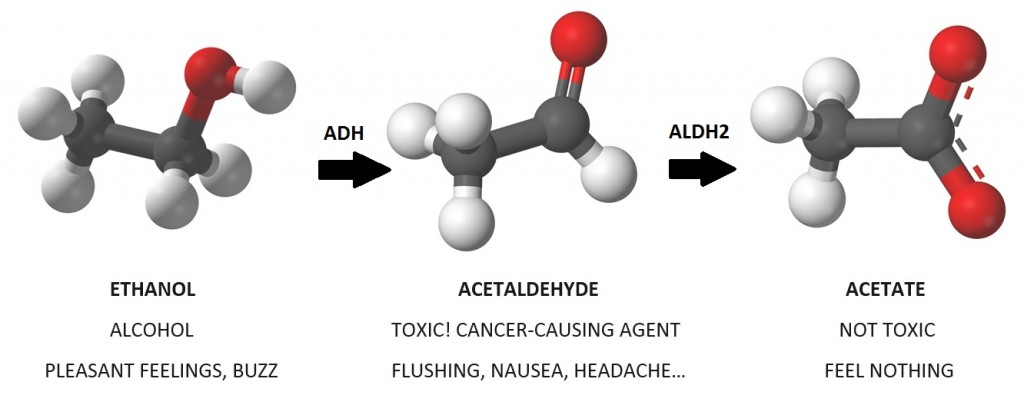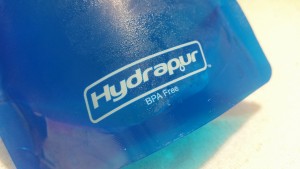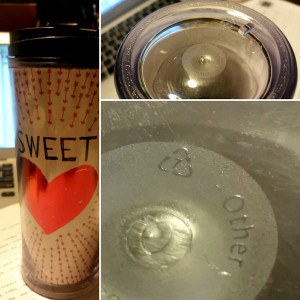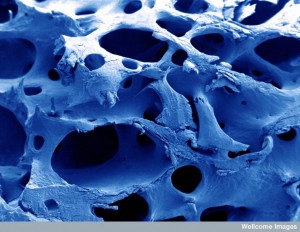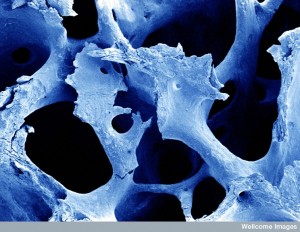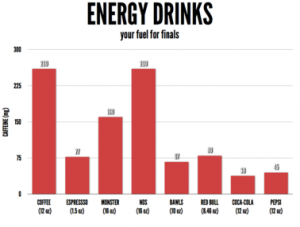As the flu season is fast approaching, soon we may be hearing coughs and sneezes coming from every corner of the lecture hall. As much as we want to avoid close contact with germ-carrying classmates, compact lecture halls with little air ventilation make it quite difficult, and washing hands after every interaction with someone is not realistic. This introduces the convenient alternative – hand sanitizer. You squirt it, rub away the cool sensation, and feel clean right away. But is it really that effective? Is there any problem with overusing hand sanitizers? Many studies have tried to investigate this issue.
One of the two types of hand-sanitizers is alcohol-based, which contains ethyl alcohol. Hand sanitizers that contain at least 60% alcohol kills bacteria very effectively. But given its tremendous drying effect on our skin as well as the hazard of alcohol poisoning, an alternative to alcohol-based hand sanitizers appeared on the market. Non-alcohol based hand sanitizers contain triclosan, which is an antimicrobial ingredient also found in soaps and toothpaste. These hand sanitizers that have become popular claim to provide long-lasting protection without drying hands, but some debates have arouse regarding their performance as well.
Rumor has it that triclosan-based hand sanitizers are actually toxic. Is this true? An article released by CNN says that research has shown that triclosan can off-set the hormones in our body, disrupt the endocrine system, weaken muscle strength, and even lower the immune system. Although the toxicity of the hand sanitizers have not been concluded, popular brands of hand sanitizers that are heavily scented are likely to contain toxic chemicals like phthalates, which can disrupt endocrine by mimicking hormones.
Another major concern is that exposure to triclosan can frequently develop antibiotic resistance in our body, which in turn leads to more exposure to bacteria. In a 2011 study by the Epidemic Intelligence Service, researchers found that health care workers who often use hand sanitizers over routine hand washing were six times more at risk for outbreaks of norovirus, a winter vomiting bug in the UK.
Now that it seems both the alcohol-based and triclosan-based hand sanitizer have their downsides, it brings us back to soap and water – the classic method that’s both clean and effective. A quick wash before preparing food and after using the toilet can drastically lower the risk of getting diarrhea, according to a 2003 study by Curtis and Cairncross, as long as we wash our hands for more than 24 seconds. However, at times when soap and water isn’t available, a squirt of hand sanitizer gets the job done, but don’t rely on them routinely at every occasion!
-Even Zheng
I commented on Amir Jafarvand’s post on “Are Tall People Healthier”, Osama Qubain’s post on meditation, and Maureen Lai’s post on antidepressants.

